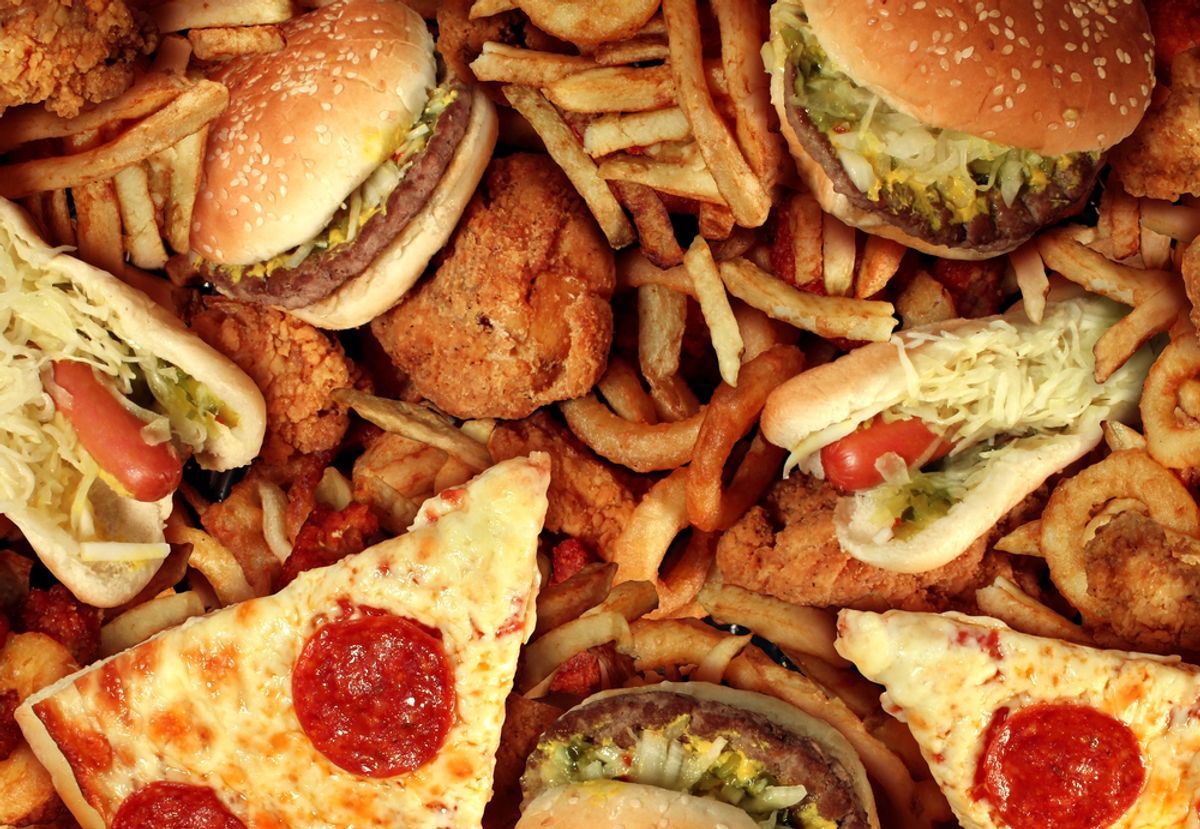Food waste is one of the biggest environmental problems that we can actually help fight on a daily basis. We throw away around 30 million tons of food away every year (which is pretty despicable considering how many people don't have enough to eat). When food is thrown into a landfill and begins to decompose, it becomes a major producer of methane-- a greenhouse gas that is 21 times more harmful to global warming than carbon dioxide. In fact, landfills produce over 20 percent of all methane emissions in the U.S.
So, the city of Vancouver has decided to take action against waste by making it illegal to throw away food scraps. Metro Vancouver has been posting signs like the one below all over the city to publicize the ban, which went into effect on Jan. 1.

City Lab's Kriston Capps reports on the program's shaky start:
The new policy isn't an abrupt change, but one that's been building up for years. The City of Vancouver first launched a green-bin program in May 2013, asking single-family homes to adopt the bins to collect their food waste. The program was far from popular, at first: CBC News reported that there were more than 7,000 missed pickups between May and July 2013, spurring more than 4,000 complaints from residents over the program's first three months.
The city's informal green-bin movement dates back even further. Since 2011, theFood Scraps Drop Spot program has served as a pilot collection model for food waste. Daniel Oong, the program coordinator from June 2011 to October 2014, says that the program targeted apartment and condo residents by hosting drop spots for food-waste collection around the city.
Regardless, the initial program did manage to collect over 330,500 lbs. of food scraps, which is a big improvement from 0.
"Food waste accounts for about 40 percent of our garbage," said Metro Vancouver board chair Greg Moore. "By removing it from the landfill, we improve our environment and create valuable resources like compost and energy."



Shares